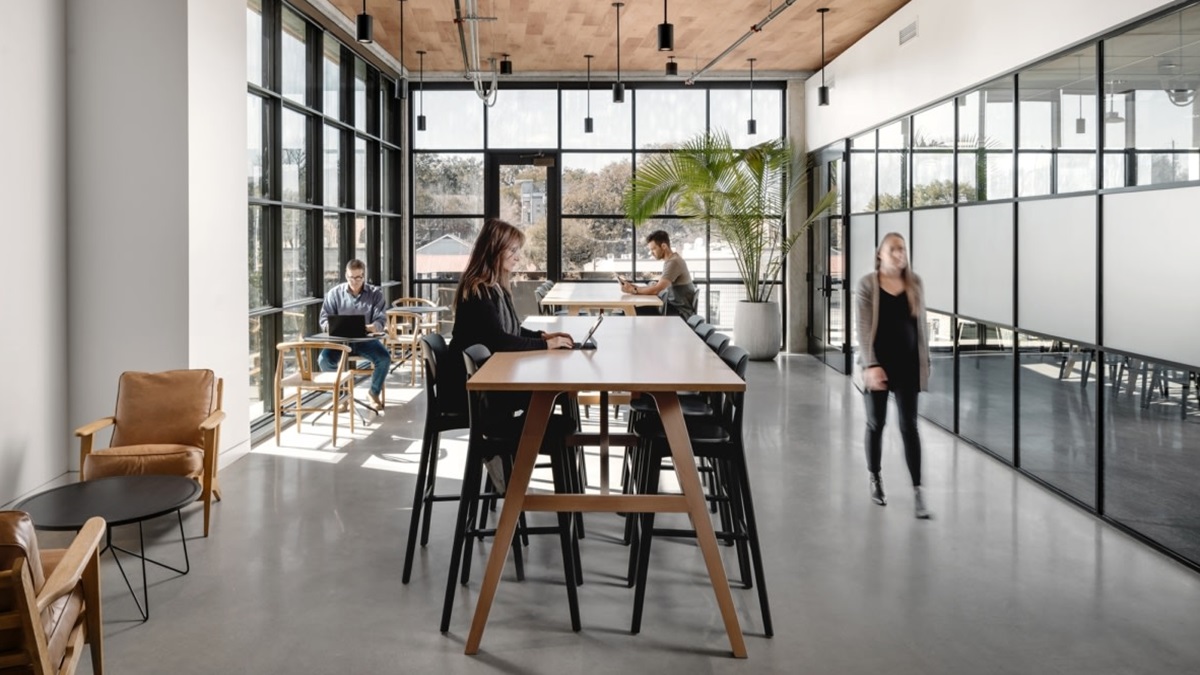Physical office spaces may be facing an existential challenge, according to the latest findings from GoTo’s study, The Pulse of Work in 2025: Trends, Truths, and the Practicality of AI. The global survey reveals that 51% of employees believe artificial intelligence could eventually eliminate the need for traditional workplaces.
The study, conducted in collaboration with research firm Workplace Intelligence, surveyed 2,500 participants—including both employees and IT leaders—across regions such as the US, Canada, Europe, India, and Latin America. The sample deliberately spanned remote, hybrid, and in-office workers to reflect diverse working realities.
A striking 62% of respondents said they would prefer AI-enhanced remote working to office-based work. The report also highlights key benefits of AI adoption:
- Improved work-life balance (71%)
- Greater flexibility (66%)
- Enhanced customer service while working remotely (65%)
These figures point to a growing sentiment that AI-enabled tools are not just conveniences, but essential components of a modern, flexible workforce.
Support for AI investment is undeniable. A substantial 95% of employees and 92% of IT leaders either back existing AI investments or believe their companies should increase efforts around training and tools.
Nevertheless, a perceptible disconnect between leadership and staff persists. While 91% of IT leaders believe AI tools are being used effectively to support remote and hybrid teams, only 53% of employees—who actually use these tools—agree. Addressing this gap may be critical in ensuring successful deployment and trust in AI-backed workflows.
Generational productivity gains defy expectations
Remarkably, productivity gains from AI span all generations—not just the digital natives. Among remote or hybrid workers:
- Gen Z: 90% report productivity gains
- Millennials: 84%
- Gen X: 71%
- Baby Boomers: 74%
These outcomes underline that AI’s productivity benefits are not confined to younger groups and hint at its broad applicability across professional demographics.
This shift away from in-office perks is inflected by evolving priorities. Sixty-one per cent of employees say that investments in AI should be prioritised at least as much—if not more—than lavish workplace amenities. They believe AI would more effectively boost motivation, productivity, and engagement than traditional perks. This sentiment holds true even for those working on-site.
Leaders sound the call for AI integration
Rich Veldran, CEO of GoTo, underscored AI’s central role in future work dynamics: “AI is rapidly evolving from a helpful tool to a foundational force shaping the future of work… The companies that embrace AI not just as a tool, but as a core part of their employee experience, will be the ones that redefine what it means to be productive, connected, and collaborative wherever work happens.”
Echoing this vision, Dan Schawbel, Managing Partner at Workplace Intelligence, emphasised that flexibility—not location—is now the keystone of modern work: “AI helps bridge time zones, streamline communication, and provide access to institutional knowledge, making physical offices feel less critical to a growing number of employees.”
What this means for the future of work
GoTo’s research suggests a notable shift towards a workplace model anchored in AI and flexibility. The prevailing sentiment among employees across regions and working arrangements is clear: the relevance of physical offices is waning, supplanted by AI-fuelled remote collaboration.
Despite strong proclaimed gains, the misalignment between IT leaders and employees reveals that execution matters. Organisations must bridge this gap by investing not just in AI technology, but also in user-friendly deployment and thorough training.
As AI evolves from a support function into a workplace cornerstone, companies that integrate it strategically—and centre employee experience—will likely lead the charge in redefining how and where work happens.




















